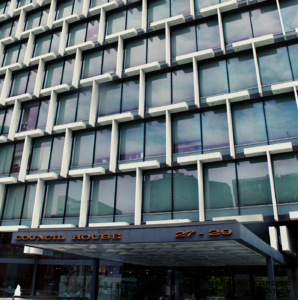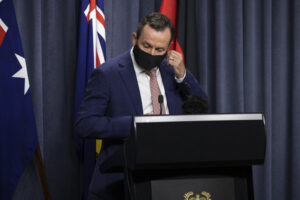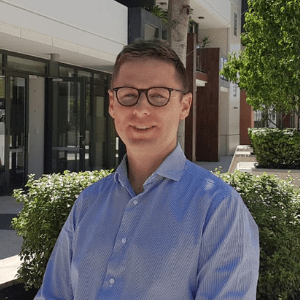Eight cents a day.
That’s what an ABC 1987 advertisement said it would cost each Australian, per day, to run and operate the national broadcaster.
This small sum, spent without consent, is what we pay for Aunty to preach left-wing ideology and belittle mainstream views and values.
By smearing the small cost across everyone, it reduces the incentive to advocate for change. Rubbing salt into the wound, an image of eight 1 cent pieces suggested that loose pocket change was available regardless of viewing habits or interest in the ABC.
Normally political elites try to hide taxes and impositions. The tactics vary: a few cents tax on certain groceries; a marketing board that inflates the price of potatoes; a levy on ride services. Aunty was unusual in that it put this small tax in headlights.
Why do politicians levy small taxes which are barely noticeable?
Mainly because they can. After all, they are just as self-interested and prone to ignorance as the general population.
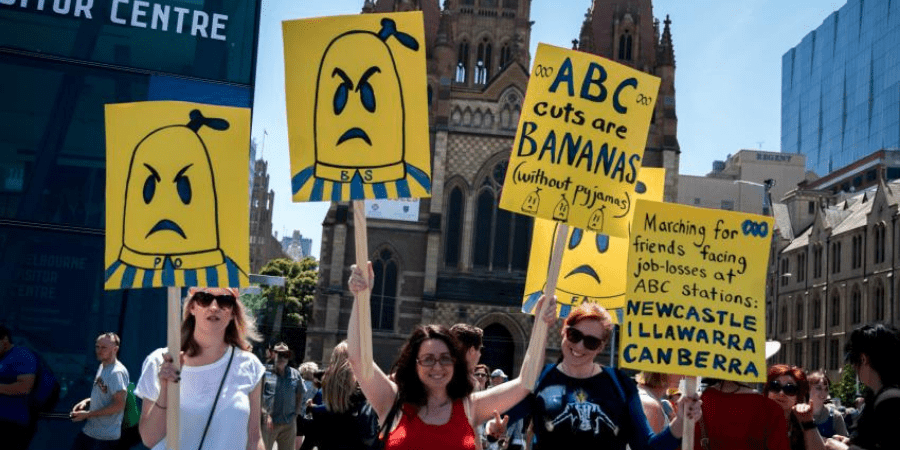
This was why Nobel-prize winning economist James M. Buchanan described this phenomenon as “politics without romance”. Buchanan and others formulated what is known as Public Choice Theory (PCT) to help analyse and describe how and why politicians make these decisions. In simple terms it gives scholars the tools they need to analyse why politicians act in their self-interest to help themselves and their mates. PCT is now recognised as a distinct subfield of economics and for the first time in Western Australia will be taught as an undergraduate, intensive unit over the 2019 winter break – click here to enroll.
Returning to the ABC: in 2018 it was suggested that it was really 4 cents a day for the services of Aunty. What a cheap price to hear Fran Kelly, Tony Jones and others to tell us why the voters were wrong to not support a high taxing new government in 2019! Surely it was unrelated to Shorten’s promise to “restore” ABC funding in order to give Kelly, Jones and the Ultimo establishment a larger (and more luxurious) platform to lecture Australians?
The real level of support that we — read: each and every Australian — pay to support the ABC is closer to 11 cents a day. To the Friends of the ABC, the amount is immaterial if the right people have access to this trough. If not 4 (or 11) cents, why not 20 or 30? Should we even put a price on hearing David Marr pontificate?
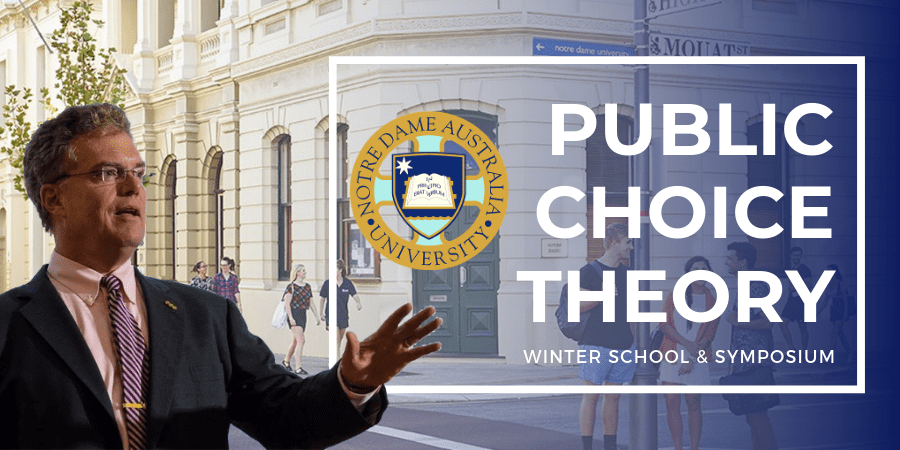
I should not pick on the ABC too much. There are many other examples of smearing costs to a wide range of unsuspecting taxpayers. Local government councillors are a little smarter than including a message on rate notices: “$12.50 fee for your local ward councillor to visit a sister city in southern France”. The line item for the indiscretions of aformer Trade Commissioner to Japan may meet more resistance from Western Australian taxpayers.
In all cases, when a small group has concentrated benefits and there is a large group with a very small burden or cost, there is always an interest on maintaining and expanding the status quo. Therefore, Friends of the ABC will never argue for receiving less public money; local government councillors will not want to abolish sister city relations; and unethical trade commissioners will not want their expenses reviewed.
Mannkal will continue to analyse and publicise instances of government waste and concentrated benefits. These topics will be examined in an open, Public Choice Theory symposium which will be held on July 16, 2019 in Fremantle. We look forward to seeing you there!





